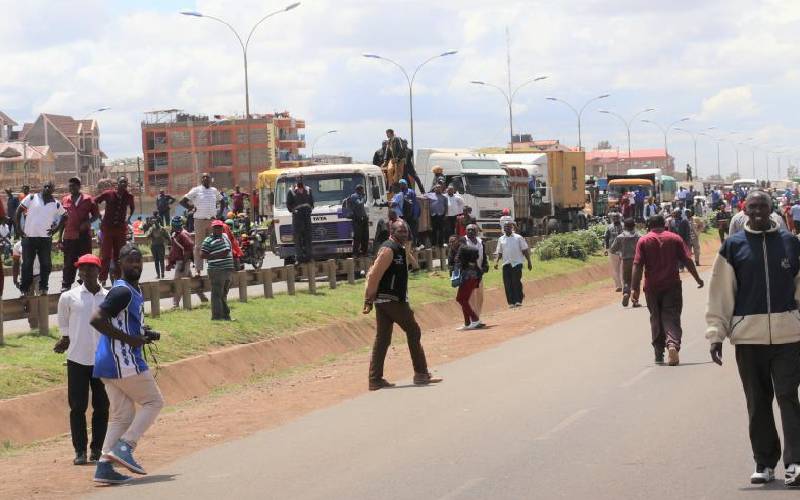×
The Standard e-Paper
Home To Bold Columnists

The assault of JKUAT student Allan Omondi is a stark reminder that police violence remains a big problem in Kenya. However, while the case attracted significant attention, it is important to remember that there are many other victims of police violence, including minors such as Baby Pendo.
For years, human rights organisations, among them Independent Medico-Legal Unit (IMLU), have documented hundreds of cases of police violence.